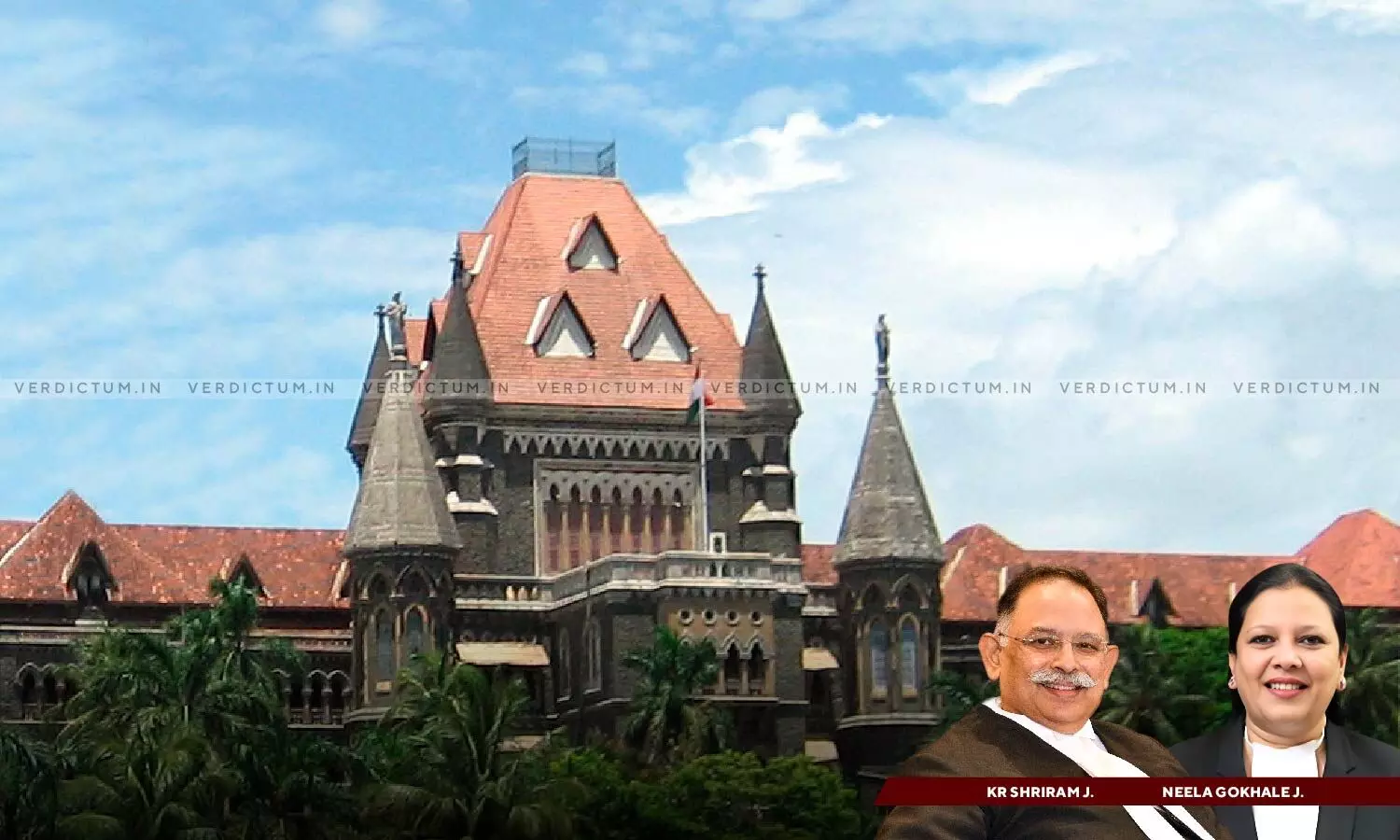
Income Tax Act | Assessing Officer Has No Jurisdiction To Assess Or Reassess Income Which Was Subject Matter Of An Appeal: Bombay HC
 |
|The Bombay High Court held that an Assessing Officer (A.O.) has no jurisdiction to assess or reassess any income which was the subject matter of an appeal.
The Court relied on the third proviso to Section 147 of the Act and held that since the grant of benefit under Section 11 of the Act was the subject matter of an appeal preferred by the petitioner against the assessment order, the A.O. could not reopen the assessment on this ground.
A Division Bench of Justice K.R. Shriram and Justice Neela Gokhale, observed, “Therefore, as stated in the third proviso to Section 147 of the Act, the A.O. has no jurisdiction to assess or reassess any income which was the subject matter of an appeal. Since the grant of benefit of Section 11 of the Act was the subject matter of appeal and has been held in favour of assessee, the matter cannot be reopened. As regards the issue of disallowance of depreciation claim, the Hon’ble Apex Court in Rajasthan and Gujarati Charitable Foundation, Poona (supra) has held that a Charitable Trust is eligible for claiming depreciation.”
Advocate Madhur Agrawal represented the petitioner, while Advocate Suresh Kumar appeared for the respondents.
Shri Shanmukhananda Fine Arts And Sangeetha Sabha (the Trust), the petitioner, was a registered society under the Societies Registration Act, 1960, and a charitable institution under the Bombay Public Trust, 1950. The Trust was also engaged in charitable activities comprising the field of Education, Medical relief, and promotion of dance, drama, and fine arts without derogation to the generality of Secular Education.
The Trust was granted registration under Section 12A of the Act by the Commissioner of Income Tax.
The Trust initially filed a return of income, claiming exemption under Section 11 of the Act. The return included details of Hall Charges income and premises use compensation.
Following a notice seeking information on the Trust's object, the Director of Income Tax withdrew the registration under Section 12A, later restored by the Tribunal.
An assessment order was passed under Section 143(3) by the A.O. denying the exemption under Section 11. The Trust appealed to CIT(A), succeeding in obtaining an exemption, and the department's appeal to challenge the same before the ITAT was dismissed.
Subsequently, the Trust was issued a notice under Section 148 of the Act, alleging non-disclosure of commercial activity and seeking to withdraw the exemption claim under Section 11. The Trust's objection was rejected by the department.
The Court held that “the grant of benefit of Section 11 of the Act was the subject matter of appeal and has been held in favour of assessee, the matter cannot be reopened.” The High Court had relied on the Supreme Court’s decision in Commissioner of Income Tax III, Pune vs. Rajasthan and Gujarati Charitable Foundation, Poona (2018) 89 taxmann.com 127 (SC), where it was established that a Charitable Trust was eligible for claiming depreciation.
Accordingly, the High Court disposed of the petition.
Cause Title: Shri Shanmukhananda Fine Arts And Sangeetha Sabha v. The Deputy Director of Income Tax (Exemptions) & Ors. (2024:BHC-OS:1285-DB)